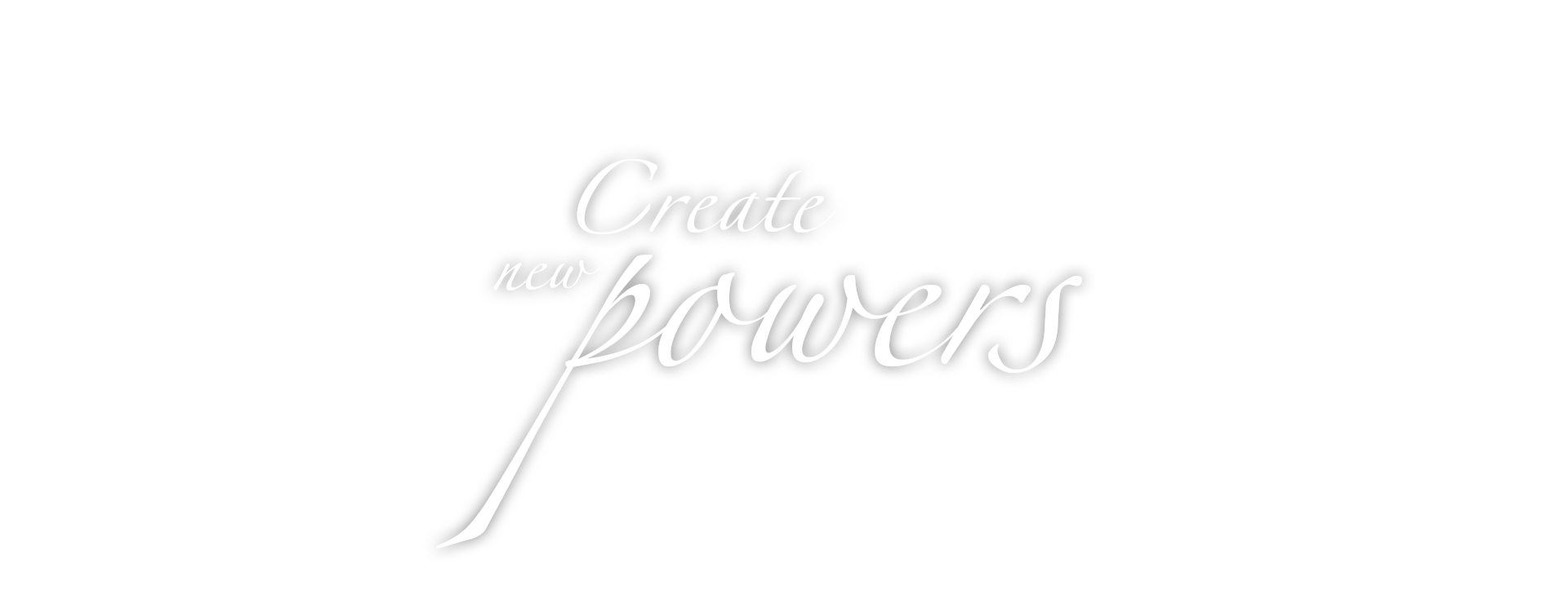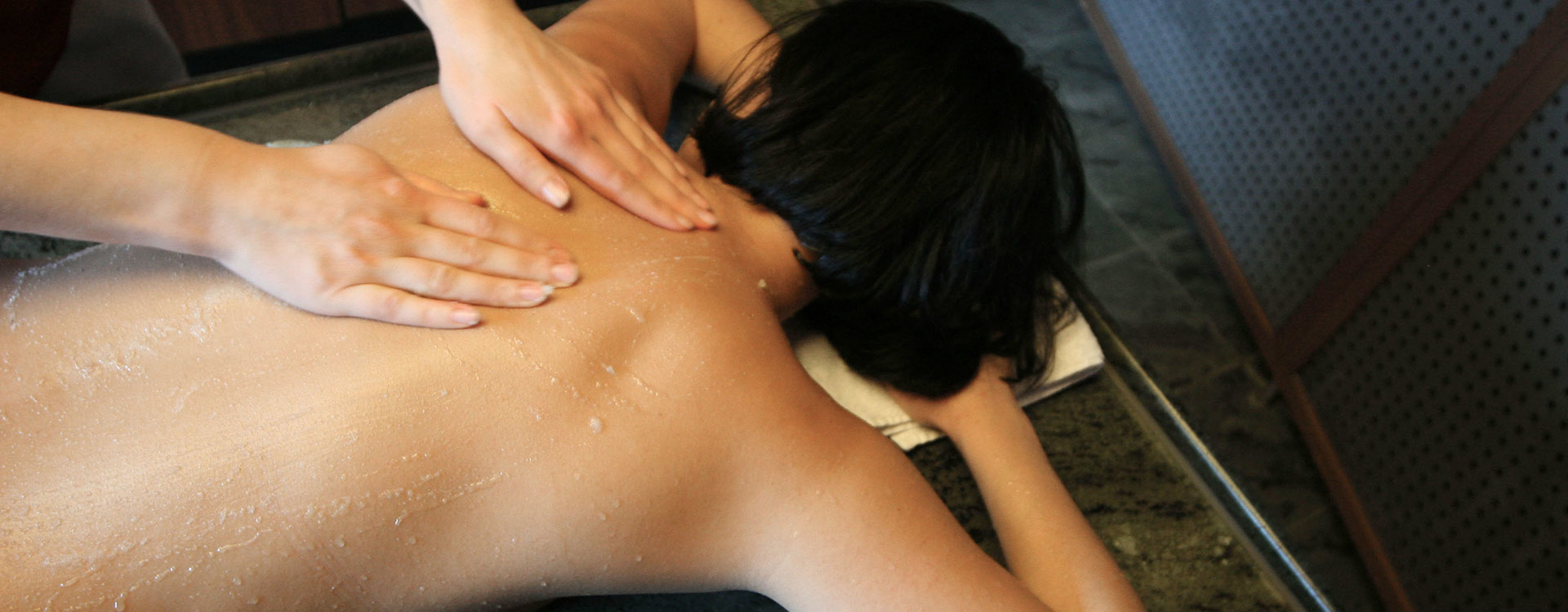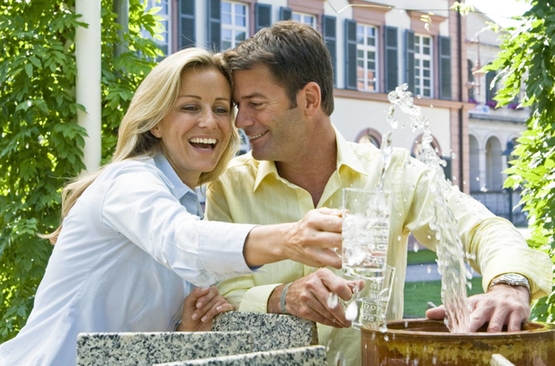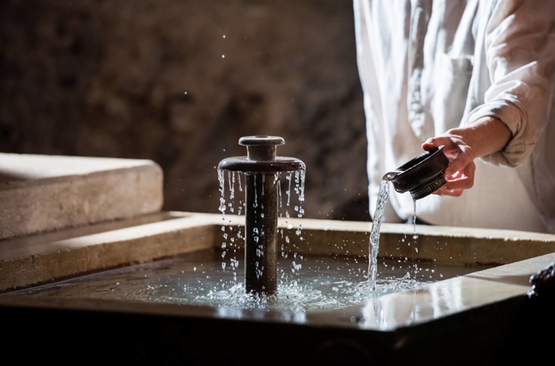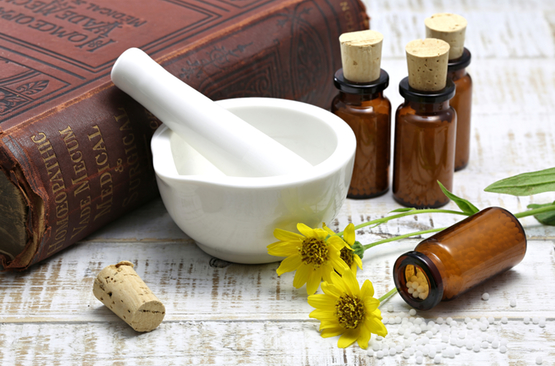7 healing springs: treasures given by nature in Bad Kissingen
Healing water helps with many ailments
Seven healing springs rich in minerals come up from under the ground in Bad Kissingen and the surrounding area and give healing properties. Each has its own unique characteristics. Bad Kissingen's healing water relieves many ailments - physicians recognised this as early as 500 years ago. Bathing, drinking, and inhaling is the motto here. Say goodbye to stress and return refreshed and rejuvenated to everyday life. At the Brunnenhalle, fountain ladies generously pour out healing water and share their knowledge of the effects and uses of the healing waters willingly. Specialists will effectively support you during your treatment - every day from 7:00 to 9:00, on weekdays from 16:00 to 18:00 as well.
The proven healing power of nature
Today, the healing power of the springs of Bad Kissingen has been scientifically proven. What only kings could afford in the past helps everyone today. The Pandur, Rakoczy, "old" Luitpoldsprudel, Max and Kissinger bitter water fountains are well suited for drinking cures. They help with respiratory problems, exhaustion, digestion and anaemia. The "new" Luitpoldsprudel, Runder Brunnen and Schönbornsprudel fountains are recommended for spa treatments. The latter also fills the KissSalis spa, and the healing spring Schönbornsprudel is also used for inhalation at the Gradierwerk and in the Kneipp pool.
7 unique sources for your health:
Rakoczy spring
The Rakoczy fountain of 1737 was discovered during the shifting of the Saale riverbed. It is named after the Hungarian national hero Prince Ference II Rákóczi because of its exuberant and wild nature. The spring water is available every day at certain times in the Brunnenhalle. You can always take healing water at the public collection point in Kurhausstraße in front of the foyer, as well as in the arcades in the spa garden. The healing water is suitable for supportive treatment with:
- Inflammatory bowel and stomach mucous membranes
- Gallbladder and gallstone diseases
- Chronic disorders of gastric secretion
- Chronic liver disease, constipation and gout
Pandur fountain
The Pandur fountain, known as the Kurbrunnen since 1616, used to bear the name "sharp" fountain. The current name comes from the 18th century: The Pandours were the household troops of the Austrian regents and known for their exuberant, lively temperament. Pandur healing water can be enjoyed in the Brunnenhalle, the public collection point Kurhausstraße and in the arcades in the spa garden. Its supportive treatment is recommended for:
- Chronic liver disease, constipation and gout
- Regulating acid production of the stomach
- Chronic inflammation of the gastric and intestinal mucosa
- Diseases of the gallbladder and biliary tract, as well as gallstones
- Chronic disorders of gastric secretion and digestive disorders
Max fountain
The Max fountain - also known as the Sauerbrunnen - is the oldest of the seven healing fountains in Bad Kissingen. It has been bubbling in the spa garden since 1520. It received its new name after renovation in 1815 under King Max I Joseph of Bavaria. The healing water of the Max fountain is offered every day at fixed times in the Brunnenhalle. It is also freely accessible in the Maxtempel in the spa garden at all times. Its supportive treatment is good:
- for catarrh of the upper respiratory tract
- for kidney stone prophylaxis
- for functional disorders of the stomach and intestine
- for chronic kidney and urinary tract infections
- for the regulation of chronic disorders of gastric secretion
"Old" Luitpoldsprudel fountain
When drilling for potash salts in the northern Saale valley at the beginning of the 20th century, people came across the Luitpoldsprudel spring. It was used for the health resort for five years. The name comes from the then deceased Bavarian Prince Regent Luitpold. Drink from the "old" Luitpoldsprudel fountain at the Brunnenhalle, as well as in Kurhausstraße in front of the Wandelhalle and its lobby. Especially authentic: drink from the "old" Luitpoldsprudel from April to October at the original drilling site with wellhead. Supportive treatment for:
- Fatigue, iron deficiency anaemia or convalescence
- Chronic disorders of gastric secretion, especially with hyperacidity of the stomach
- Anaemia and post-treatment of gastrointestinal operations
"New" Luitpoldsprudel fountain
In the 1980s, the old Luitpoldsprudel facilities no longer met hygienic and technical requirements. In order to preserve the extraordinary geochemical character of the mineral spring, measures were taken to redevelop it. Drilling revealed a new source: the "new" Luitpold spring. Due to its special composition, it is mainly used for bathing treatment. Supportive treatment for:
- Cardiovascular problems and disorders
Runder Brunnen
The brine spring "Runder Brunnen" owes its name to the 17th century well stone that was exceptionally round. The brine source was discovered in 1788; it has been used for bathing and inhalation since 1841. It is an intermittent spring that swells from time to time and then goes down again. You can experience the brine source at the Gradierhaus and when treading water in the Kneipp pool in the same place. This water is suitable for supportive treatment for:
- Cardiovascular problems and disorders
- Respiratory diseases of the respiratory tract due to inhalation at the Gradierhaus
Schönbornsprudel
The Schönborn spring, a hot spring in the Hausen district of town, was discovered in 1764 during salt production. However, it only started being used as a bathing spring 100 years later. The Würzburg Prince-Bishop Johann Philipp von Schönborn, who played a role in the salt production of the region, gave the spring its name. Enjoy the Schönbornsprudel fountain in the KissSalis spa, in the hotels Vital-hotel Erika and Kaiserhof Victoria as well as in the sanatorium and health centre Uibeleisen and the clinical sanatorium Fronius. The spring water has a temperature of 20.2 degrees Celsius when extracted. Supportive treatment for:
- Aftercare of injuries and after operations on the musculoskeletal system
- Respiratory, nervous and skin diseases
- Cardiovascular problems and disorders
- Disc problems, rheumatism, joint diseases and tension
Kissinger bitter water
Kissinger bitter water is not really a separate fountain: to produce it, Rakoczy water is supplemented with sodium and magnesium sulfate. It has been used for drinking cures since the time of King Maximilian II of Bavaria. Kissinger bitter water and Rakoczy water are served daily by the fountain ladies in the Brunnenhalle, who also give you comprehensive advice on how to use them. Supportive treatment is recommended for:
- Indigestion, especially for colonic inertia and constipation

